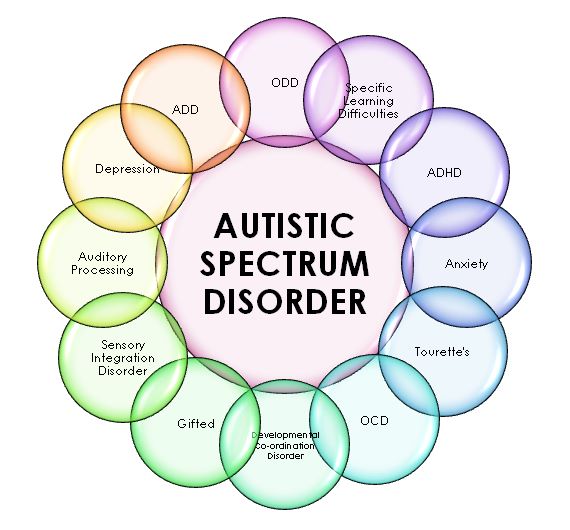Introduction
Autism, a complex neurodevelopmental disorder, requires a multi-faceted approach to treatment. While behavioral therapy has been a cornerstone in managing symptoms, exploring holistic approaches opens new doors to enhancing the well-being of individuals with autism. Let’s delve into the world of holistic interventions that go beyond traditional behavioral therapies.
Understanding Behavioral Therapy
Behavioral therapy, with its focus on observable behaviors, has played a crucial role in addressing specific challenges faced by individuals with autism. However, it has its limitations and may not cater to the diverse needs of every individual.
Holistic Approaches Overview
Holistic approaches take a broader view, considering the individual as a whole. This involves recognizing the interconnectedness of physical, mental, and emotional aspects. A holistic approach to autism treatment aims to create a comprehensive plan tailored to the unique needs of each person.
Nutritional Interventions
Nutrition plays a pivotal role in overall health, and it’s no different for individuals with autism. Specific dietary interventions, such as gluten-free or casein-free diets, have shown promise in improving certain symptoms.
Sensory Integration Therapy
Autism often involves sensory challenges. Sensory integration therapy focuses on addressing these issues, helping individuals process and respond to sensory stimuli more effectively.
Mind-Body Connection
Stress can significantly impact individuals with autism. Exploring the mind-body connection introduces stress reduction techniques, mindfulness, and activities that promote mental well-being.
Alternative Therapies
Complementary therapies like acupuncture and yoga offer alternative paths to support individuals with autism. These approaches aim to enhance overall well-being and address specific challenges.
Importance of Individualized Plans
Recognizing the uniqueness of each individual with autism is crucial. Tailoring holistic approaches ensures a more personalized and effective treatment plan.
Parental Involvement
Parents play a central role in the success of any autism treatment. Building a supportive environment at home, understanding the child’s needs, and actively participating in the treatment process contribute to positive outcomes.
Success Stories
Real-life success stories highlight the transformative impact of holistic approaches. These stories inspire hope and demonstrate the potential for improvement with a comprehensive treatment plan.
Addressing Skepticism
There are common misconceptions surrounding holistic approaches. Scientific evidence, however, supports the effectiveness of various holistic treatments when integrated into a well-rounded plan.
Collaborative Approaches
Coordinating holistic methods with traditional therapies is key. Collaboration with healthcare professionals ensures a comprehensive and safe approach to autism treatment.
Challenges and Considerations
Implementing holistic approaches may pose challenges, including safety concerns and ethical considerations. It’s essential to address these issues while striving for holistic well-being.
Future Directions in Autism Treatment
Ongoing research and advancements continue to shape the future of autism care. The evolving landscape holds promise for further breakthroughs in holistic approaches.
Conclusion
In conclusion, holistic approaches offer a promising avenue for enhancing the lives of individuals with autism. By recognizing the interconnected nature of physical, mental, and emotional well-being, we can create comprehensive, individualized treatment plans that go beyond traditional behavioral therapy.
Frequently Asked Questions
- Are holistic approaches scientifically proven to be effective in treating autism?
- Yes, several studies support the effectiveness of holistic approaches when integrated into a comprehensive treatment plan.
- How can parents actively participate in holistic autism treatment?
- Parents can play a crucial role by creating a supportive home environment, understanding their child’s unique needs, and actively engaging in the treatment process.
- What challenges may arise in implementing holistic approaches?
- Challenges may include safety concerns, ethical considerations, and the need for individualized plans. Addressing these challenges is essential for successful implementation.
- Is there a role for traditional therapies alongside holistic approaches?
- Yes, a collaborative approach that integrates traditional therapies with holistic methods is often the most effective way to address the diverse needs of individuals with autism.
- Where can I get more information and resources on holistic autism treatment?
- Explore reputable sources, consult healthcare professionals, and consider joining support groups for valuable insights and resources.
